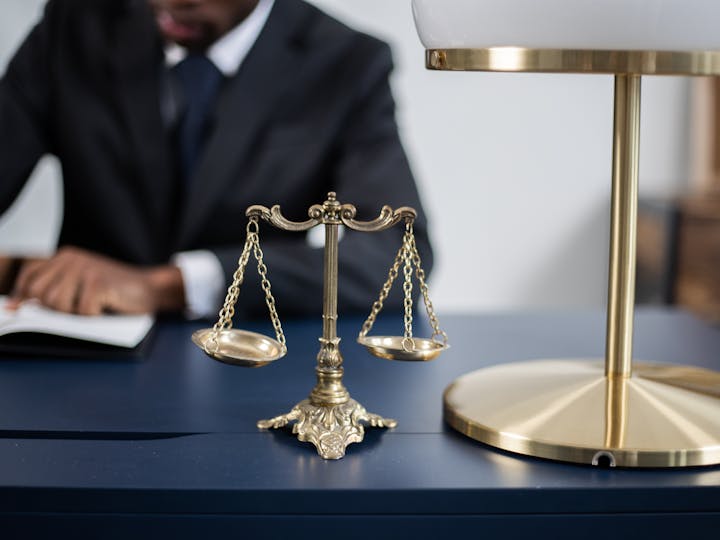Facing charges for driving while intoxicated (DWI) can be a harrowing experience. The consequences can be severe, including hefty fines, license suspension, and even imprisonment. Understanding your rights and the legal processes involved can empower you to navigate this challenging situation. It’s crucial to gather information and consult with experts who can guide you through your defense options. Each case is unique, but there are several strategies you can employ to assist in defending against these charges.
Understand the Legal Limits
Being aware of the legal blood alcohol concentration (BAC) limits in your region is vital. Most states implement a BAC limit of 0.08% for drivers over the age of twenty-one. Individuals in certain professions or under the legal drinking age face stricter limits, often set at 0.02% or even 0.00%.
Knowing these limits is critical for understanding whether your charges were justified. Employing knowledge of these limits may reveal weaknesses in the prosecution’s case. If your BAC was below the legal limit at the time of arrest, this could be a significant point in your defense. Factors such as your weight, drink type, and pace can influence BAC, thus serving as a potential avenue for your argument.
Collect Evidence
No defense strategy is complete without strong evidence. Gathering any documentation related to your arrest can bolster your case immensely. This includes police reports, witness statements, and any video footage from the incident.
Medical records can play a crucial role in demonstrating that your ability to drive is not impaired. Often, professionals such as a South Houston DWI attorney can delve deeply into the evidence to identify inconsistencies that might weaken the prosecution’s claims. Strong legal representation can aid in the collection of relevant evidence, ensuring that your defense is robust and well-supported.
Challenge the Traffic Stop
A common defense strategy against DWI charges involves challenging the validity of the traffic stop. Police must have probable cause to conduct a traffic stop. If law enforcement couldn’t legitimately justify your stopping, any evidence collected afterward might be inadmissible in court.
Evidence gathered without probable cause can lead to the dismissal of charges. Understanding the nuances involved in DWI traffic stops can provide key leverage in your defense. An attorney well-versed in DWI laws can analyze the specifics of your stop and potentially question the actions taken by law enforcement officers during the encounter.
Evaluate Field Sobriety Tests
Field sobriety tests are often conducted to assess whether a driver is impaired. These tests can include walking in a straight line or balancing on one foot. The effectiveness and accuracy of these tests can vary widely among individuals.
Factors such as poor weather conditions, physical limitations, or even nervousness can erroneously affect performance. If the field sobriety tests appear flawed, this can significantly weaken the prosecution’s case. With your attorney’s expertise, careful examination of the tests conducted during your arrest can lead to favorable outcomes in your defense.
Negotiate Plea Deals
In some cases, it may be beneficial to explore plea deal negotiations. A plea deal can reduce the severity of penalties associated with a DWI charge, such as reduced fines or a shorter suspension period. This often works best when the evidence against you is substantial.
Negotiating a plea deal may provide clarity and peace of mind, allowing you to move forward with your life while minimizing potential legal repercussions. Experienced attorneys typically have established relationships with prosecutors and can effectively advocate for the best possible outcome in your case.
Prepare for Court
If your case proceeds to trial, preparation is critical. Your defense should encompass a comprehensive overview of all evidence, witness statements, and expert opinions. Familiarizing yourself with courtroom procedures will alleviate some anxiety you might feel. Witnesses who can testify on your behalf can provide crucial support.
An attorney can help you rehearse your testimony, ensuring you present yourself confidently and accurately. Incorporating strong mental and emotional preparedness can be just as important as the tangible aspects of your defense.
Stay Informed and Seek Support
The journey through DWI charges can be isolating, making support crucial. Be it friends, family, or support groups, having reliable people around you will help manage the emotional challenges.
Staying informed on legal proceedings and educational resources related to DWI laws can empower you. Understanding other individuals’ experiences who have navigated similar situations can provide perspective and encouragement. Remember, engaging with professionals who specialize in DWI law ensures you receive the best guidance tailored to your specific case.
Going through DWI charges is undoubtedly difficult, but utilizing these strategies can bolster your chances against conviction. Whether you choose to fight the charges, negotiate a deal, or pursue other avenues, understanding the legal landscape and how to effectively advocate for yourself can make a significant difference in your case.


